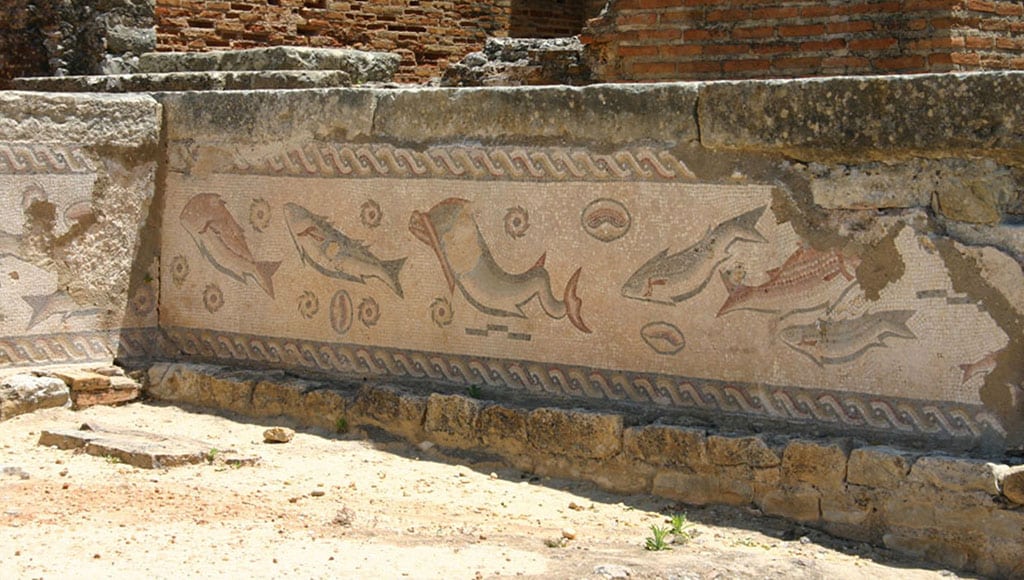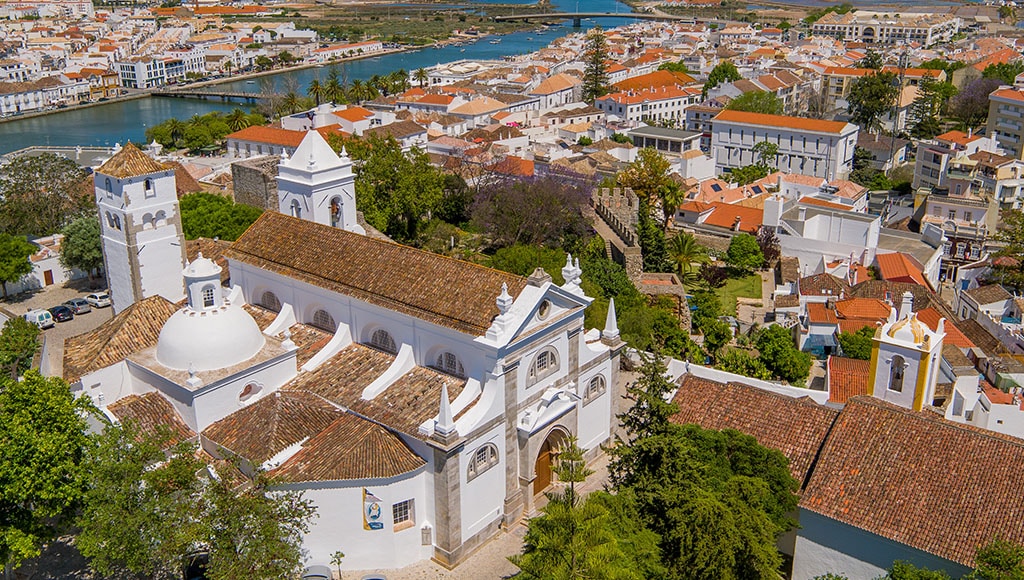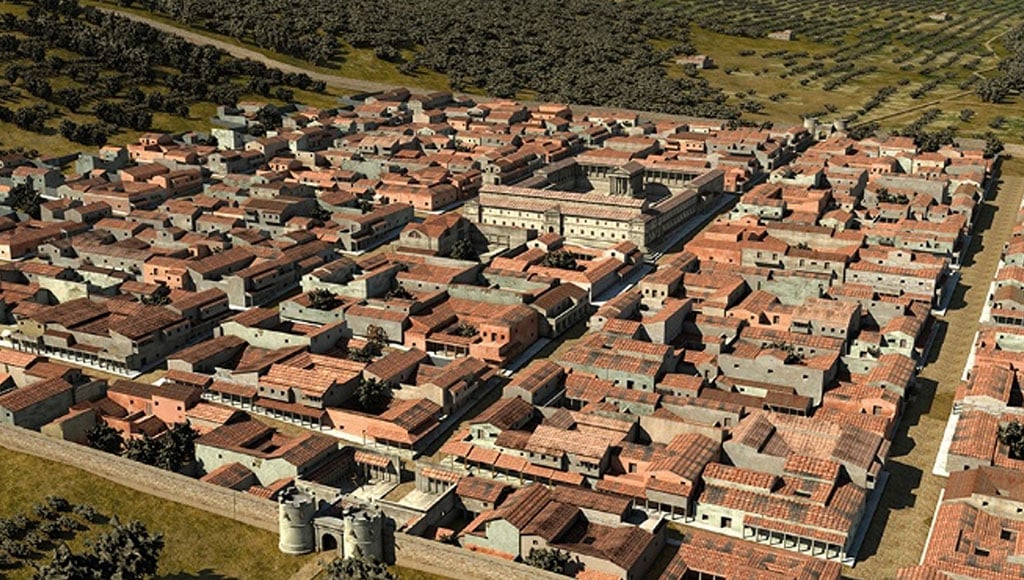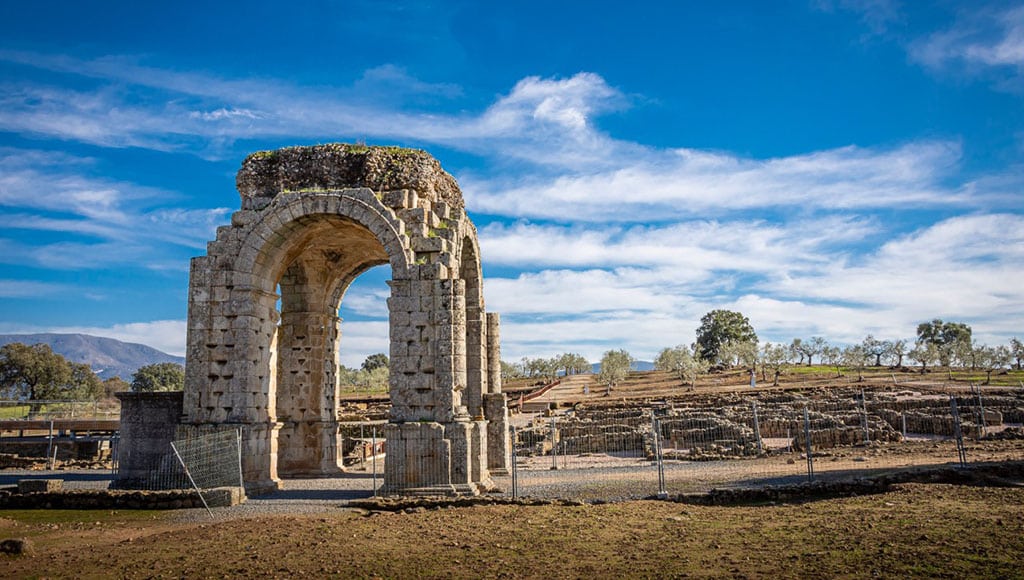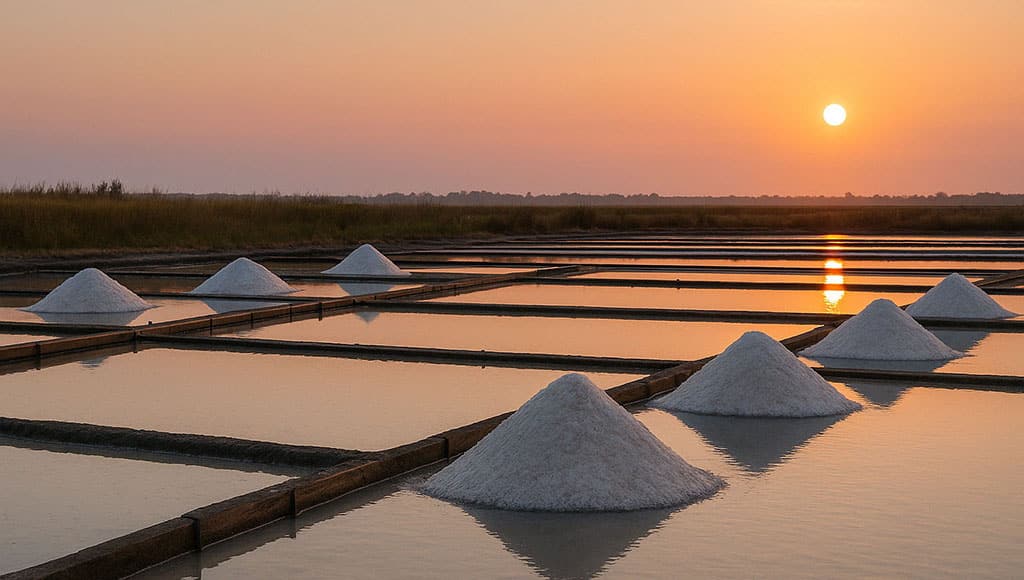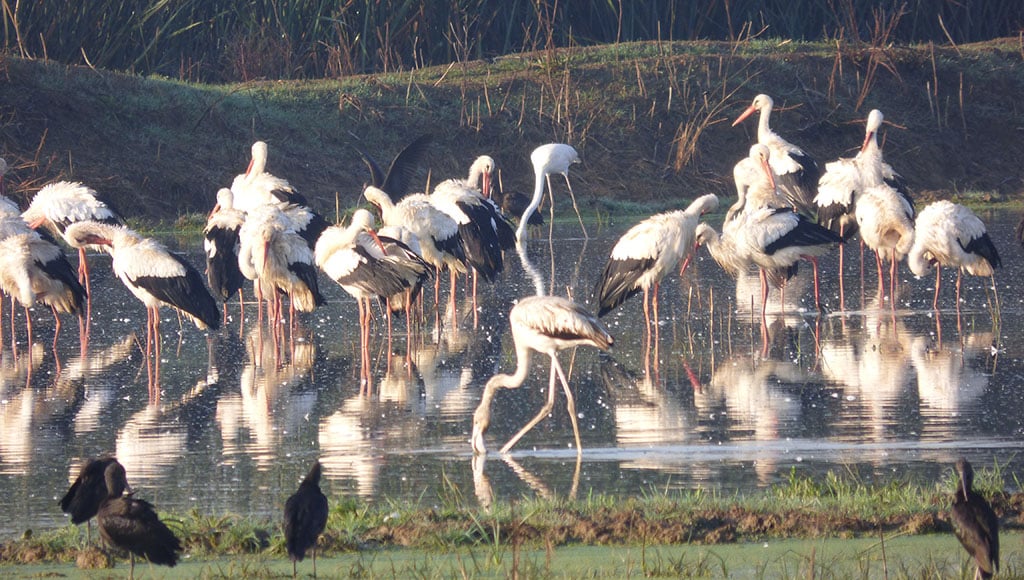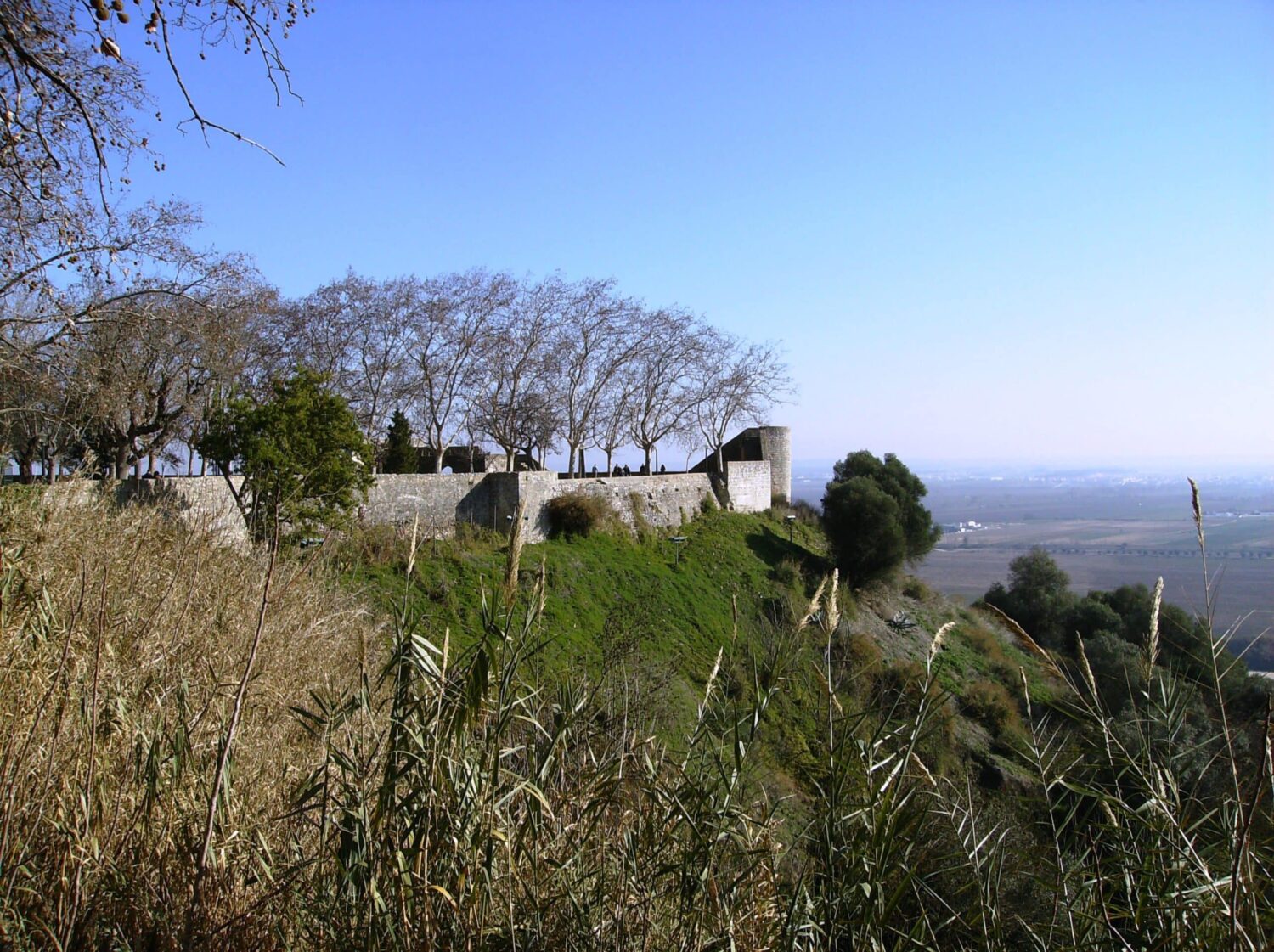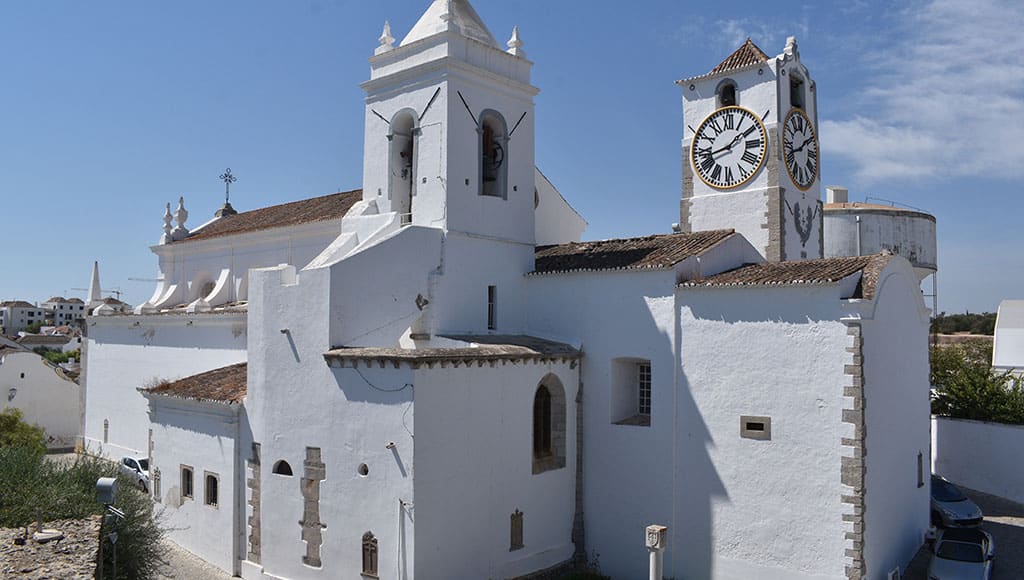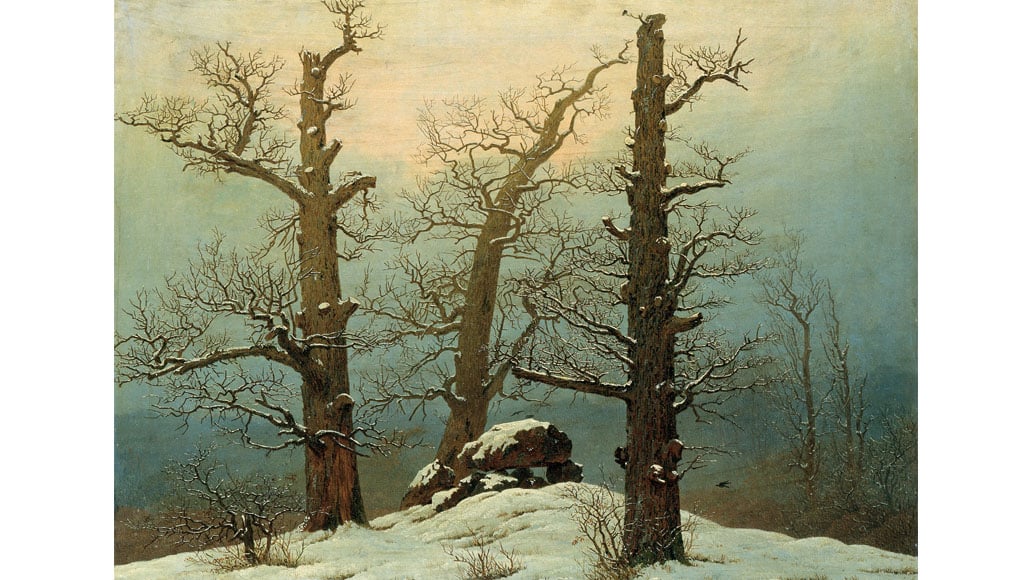A Misty History of Roman Portugal – Part 5
The Social Order and the Rural Economy The structure of Roman Society in the days of the Republic was rigid and based entirely on the traditional concepts of a ruling
The Parishes of Tavira – Part 2
When the Christian forces first conquered Tavira in 1242, they quickly transformed the town centre Friday mosque into the Parish Church (Igreja Matriz) of Santa Maria do Castelo. The foundation
A misty history of Roman Portugal – Part 4
All hail, Lusitania – Governance At the age of 36, the autocratic Augustus Caesar became Emperor and protector of some 50 million souls who inhabited a territory stretching from the
A misty history of Roman Portugal – Part 3
Pompeu Magno, Julius Caesar and the advent of Gaius Octavius The 1st century BC marked the last days of the Roman Republic and creation of the province of Lusitania as
White gold of the Atlantic: the history of Portuguese salt
Salt was once a precious commodity. Today, it has become so common that we reach for it without hesitation. It’s sprinkled on our eggs in the morning, tucked into caldo-verde
Lagoa’s hidden ‘oasis’
Lagoa is situated in the western Algarve and was officially designated a city on April 19, 2001, but it retains the charm of a traditional town with its cobbled streets,
A Misty History of Roman Portugal
Consolidation – Part 2 This is a consolidation of nine essays which were published during 2021 in English and in Portuguese by several national journals and on my page at
A Misty History of Roman Portugal
Invasion and resistance – Part 1 This is a consolidation of nine essays which were published during 2021 in English and in Portuguese by several national journals and on my
The religious history of Tavira – Part 1
The churches of Tavira Although most towns and villages in the Middle Ages in Europe possessed only one church for every parish, in contrast to other Portuguese towns of a
Why we knock on wood
For thousands of years, people have followed rituals to ward off misfortune or summon good luck. Many of these customs involve wood – a material long associated with life, power,

